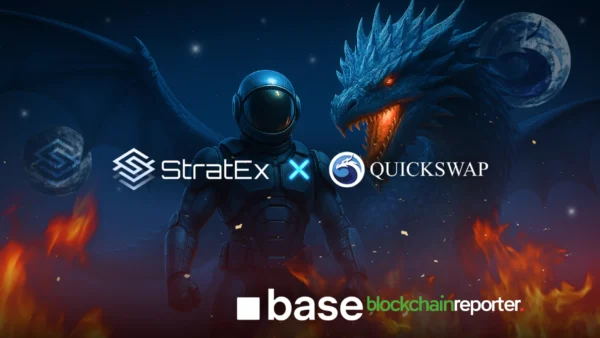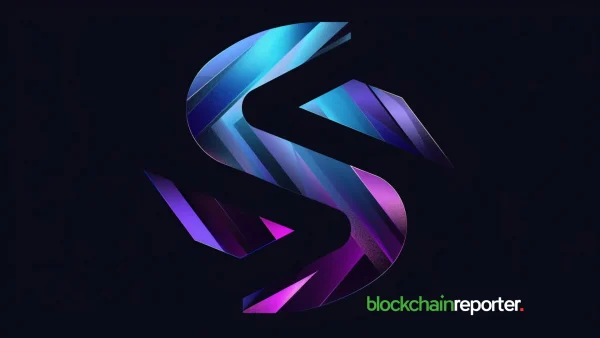
According to a joint research paper published by Circle and Uniswap on January 19th, utilizing decentralized finance (DeFi) protocols in the foreign exchange market could potentially decrease the cost of remittances by up to 80%.
The research paper, entitled “On-chain Foreign Exchange and Cross-border Payments,” was authored by Austin Adams (Uniswap Data Scientist), Gordon Liao (Circle Chief Economist), and others.
The research paper’s authors analyzed the trading activity of Circle’s USDC and EUROC on Uniswap from July 2022 to January 2023. They discovered that the digital currency had a total transaction volume of $128 million, with certain days recording the trading activity of up to $8 million.
According to the research, during the period studied, USDC and EUROC traded at rates very close to exchange rates discovered in the large-scale forex market for the USD and EUR, respectively. The authors believe that the DeFi currency exchange provides a credible alternative to conventional forex, with competitive pricing and price efficiency, even though its trading activity is still relatively small.
The researchers seek to look into the potential cost reductions that could be realized in the foreign exchange market using decentralized finance protocols like Uniswap. To do this, they compared the costs associated with the conventional correspondent banking system of forex versus those related to DeFi forex.
The researchers used data from the World Bank to calculate the cost of a $500 remittance conducted via the international banking system. They then contrasted this price to purchasing a stablecoin (either USDC or EUROC) on an exchange, using Uniswap to exchange it for the other coin, transferring it to another individual, and having that person swap it back for the original currency on an exchange.
The researchers concluded that while the DeFi model does involve various fees, including exchange fees, network fees, DeFi trading fees, and costs associated with sending and receiving money from an exchange. According to the World Bank estimates, these fees are still significantly lower, up to 80%, than the average remittance cost.
DeFi Revolutionalizing World Financial Systems
Decentralized finance, or DeFi for short, is revolutionizing how we think about traditional financial systems. By leveraging blockchain technology and smart contracts, DeFi platforms can offer various financial services without the need for centralized intermediaries. This has led to an explosion of innovation in the space and a growing number of users drawn to the transparency, security, and accessibility of DeFi platforms.
One of the most exciting aspects of DeFi is the ability for anyone with an internet connection to access a wide range of financial services. This includes everything from lending and borrowing to trading and investing to insurance and savings. By removing the need for traditional intermediaries like banks and financial institutions, DeFi platforms can offer these services at significantly lower costs and with greater transparency.
Another key aspect of DeFi is smart contracts, which are self-executing contracts with the terms of the agreement directly written into lines of code. This allows for the automation of many financial processes and can help to reduce the risk of fraud and errors. Additionally, smart contracts can help ensure users’ privacy and security by storing all data on a decentralized blockchain network.
The growth of DeFi has been phenomenal, with the total value locked in DeFi platforms reaching over $30 billion in 2021, and the number of users on these platforms is growing at an equally rapid rate. This has led to an influx of institutional investors and traditional financial companies looking to get in on the action.








